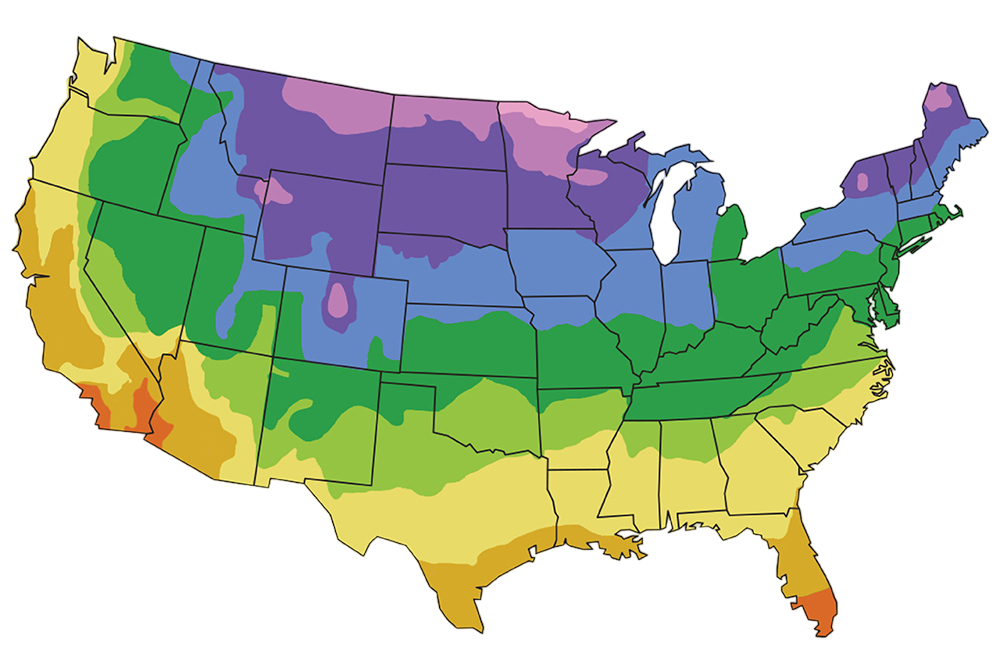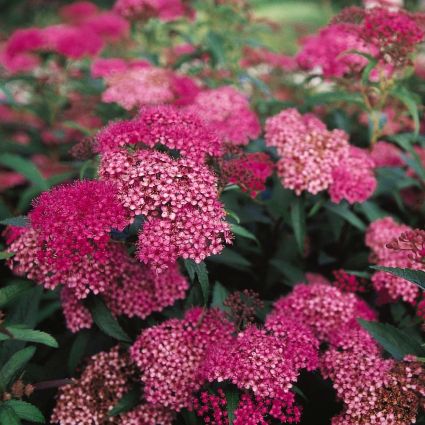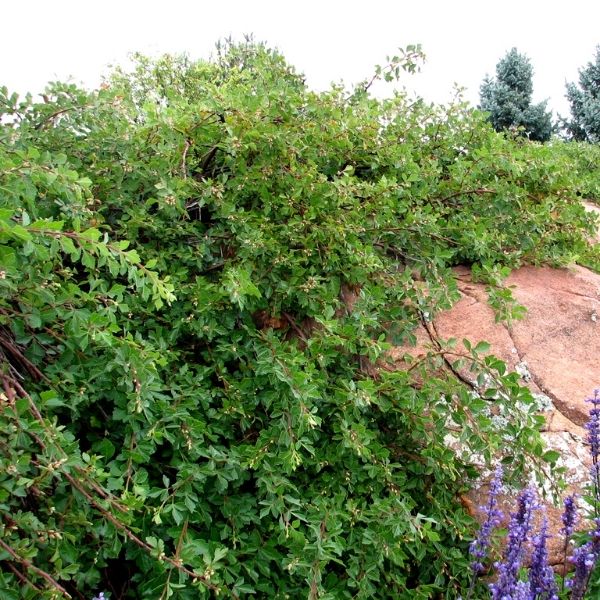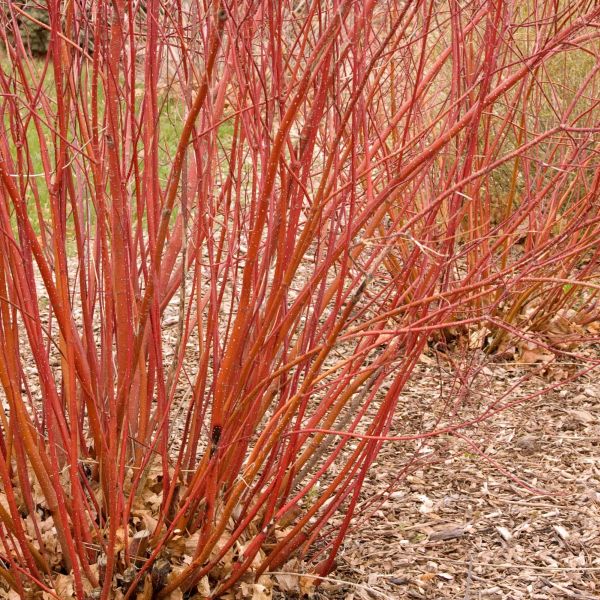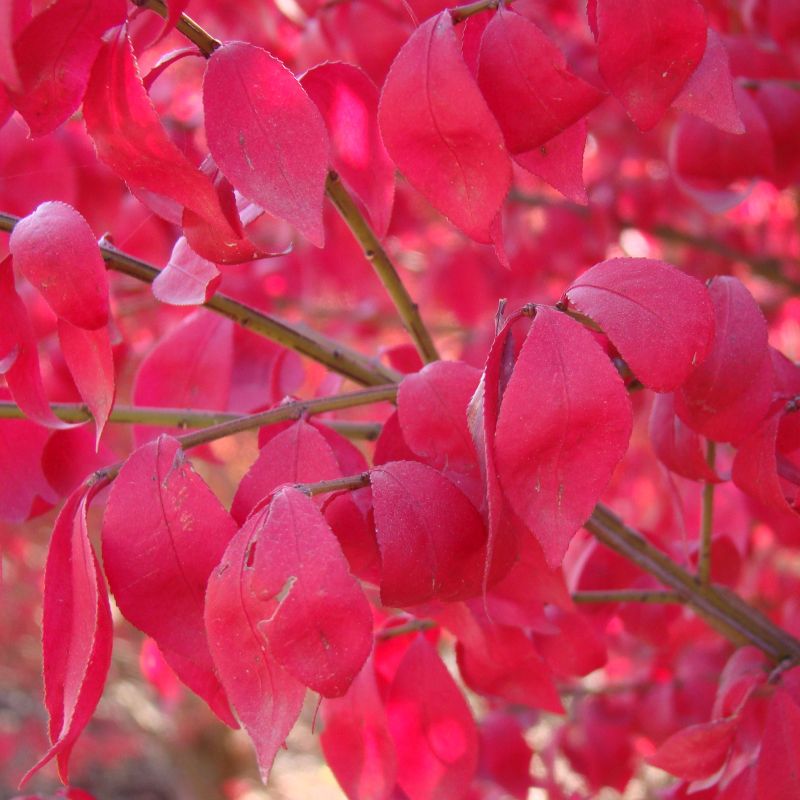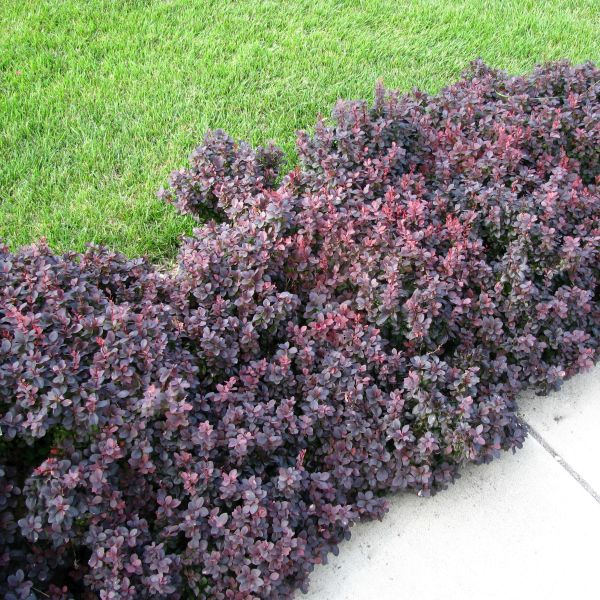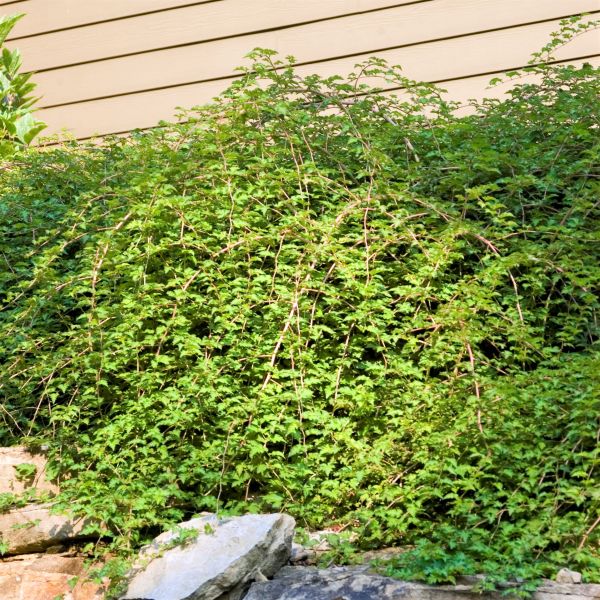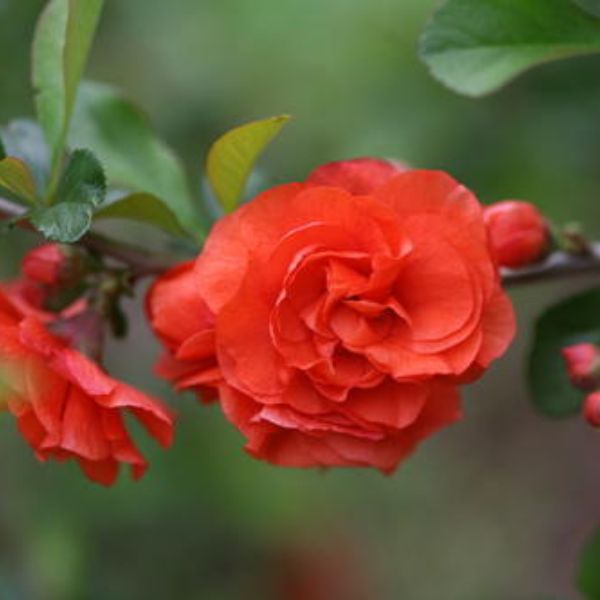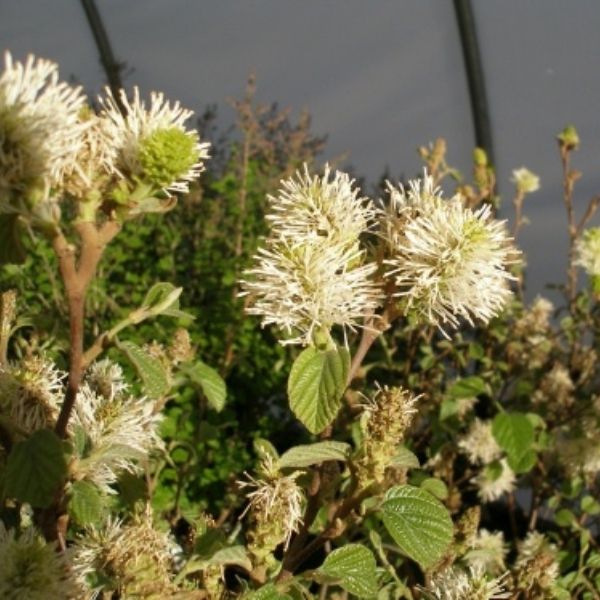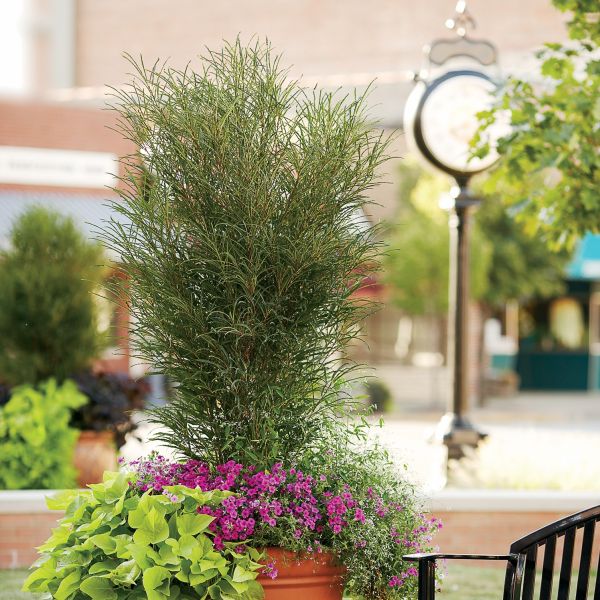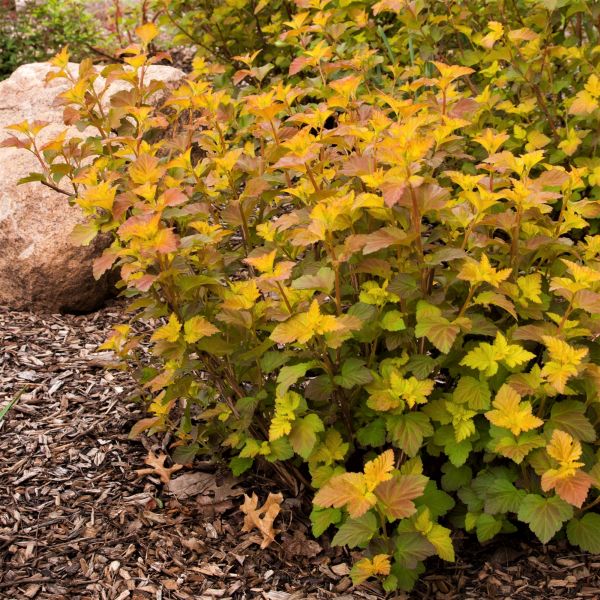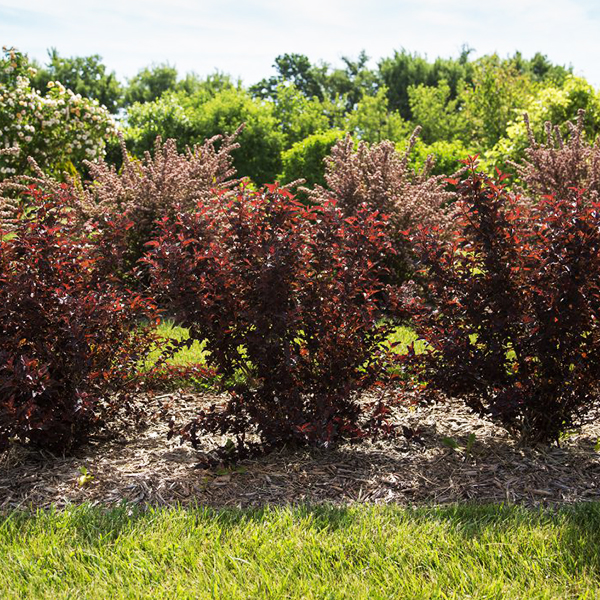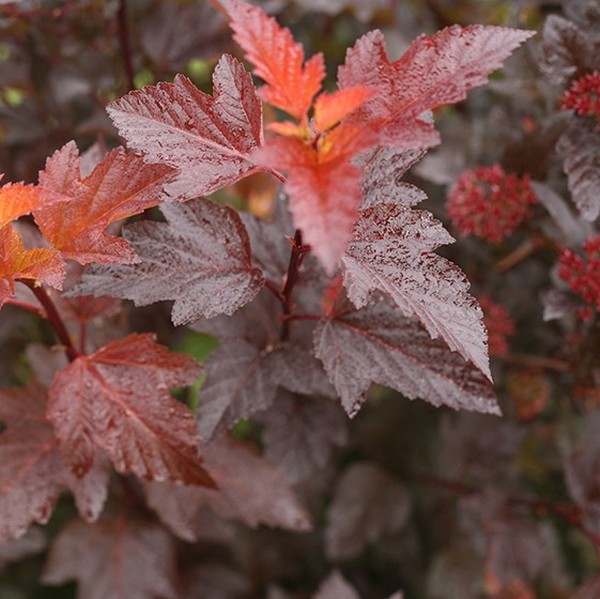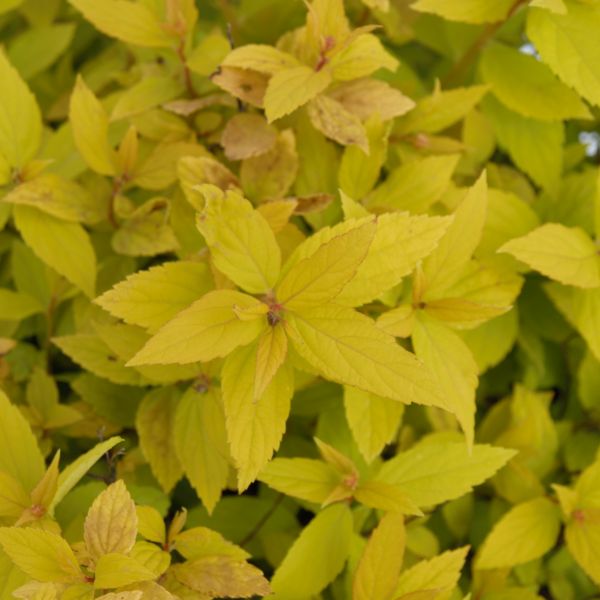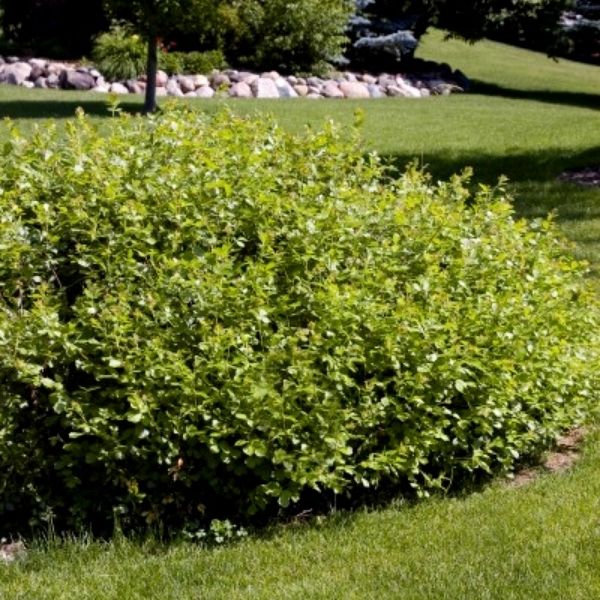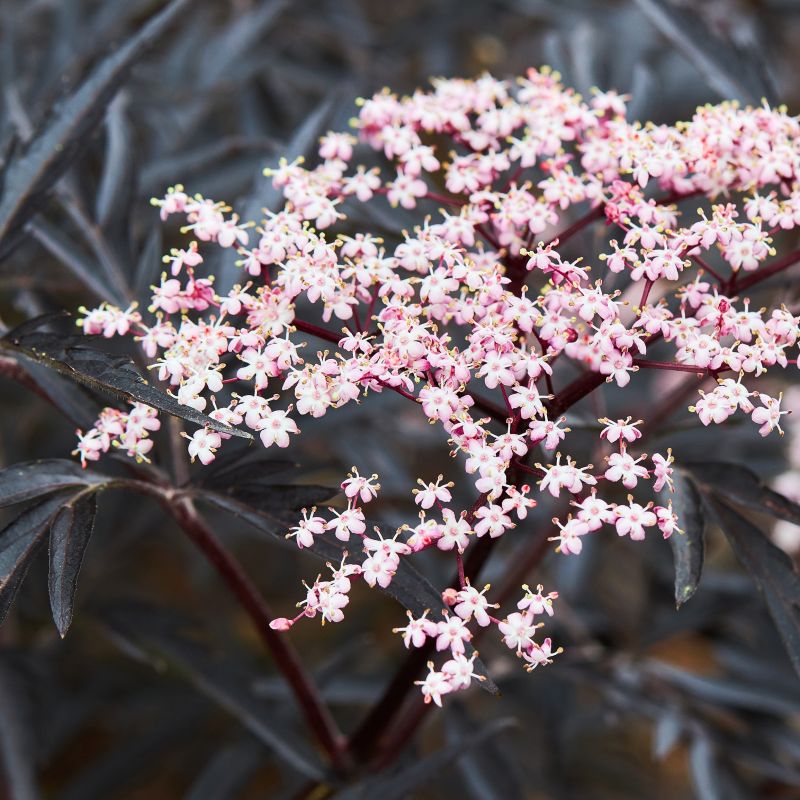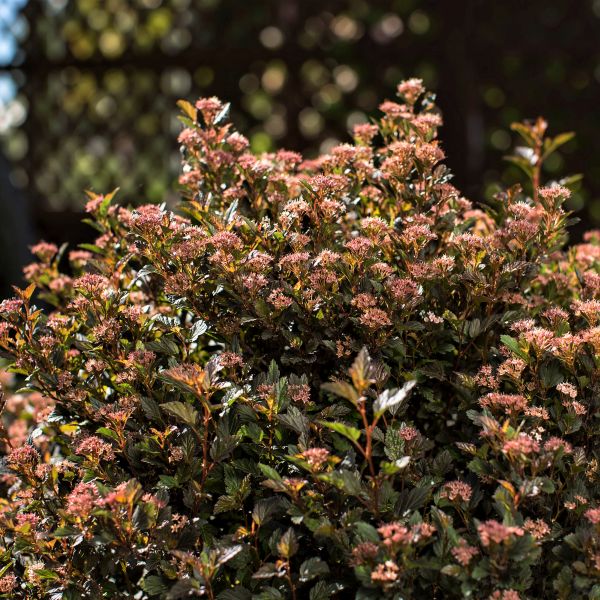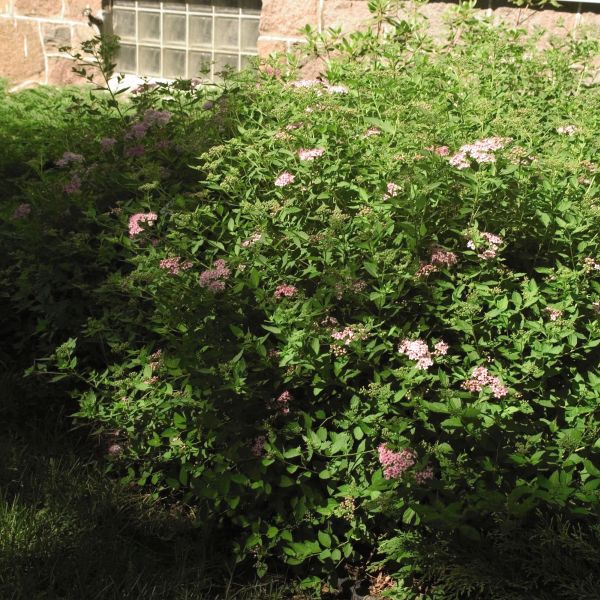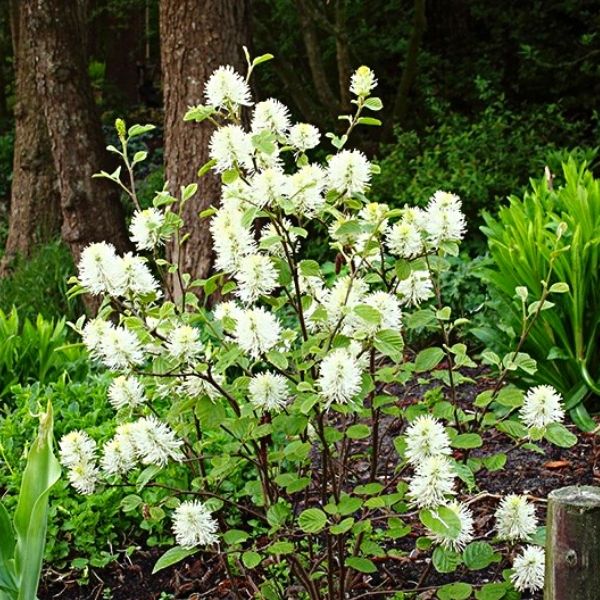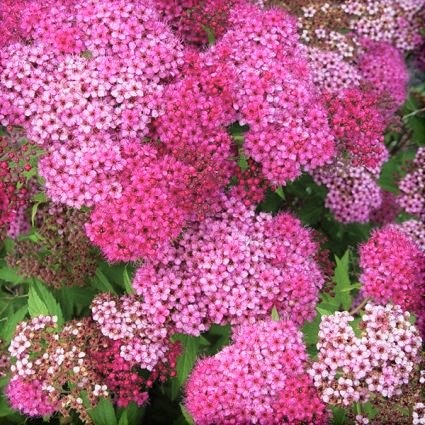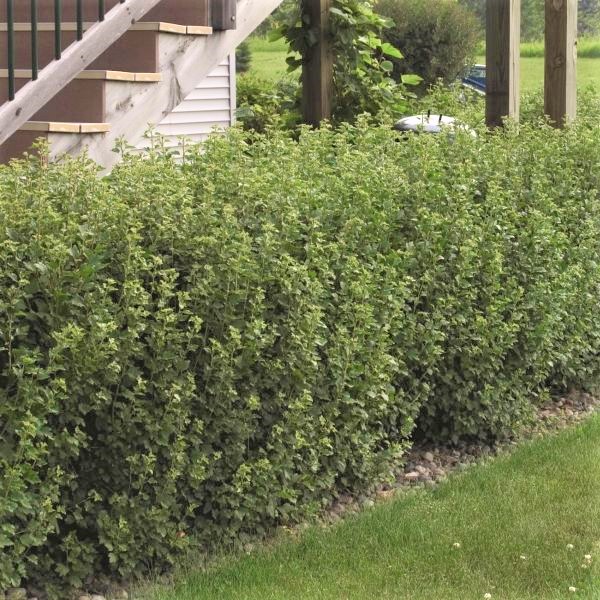
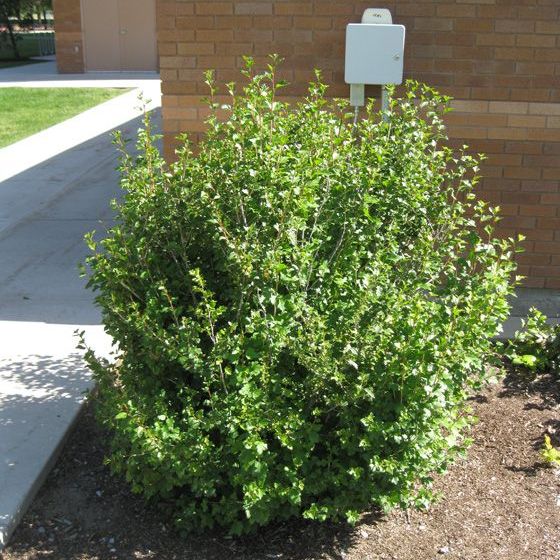
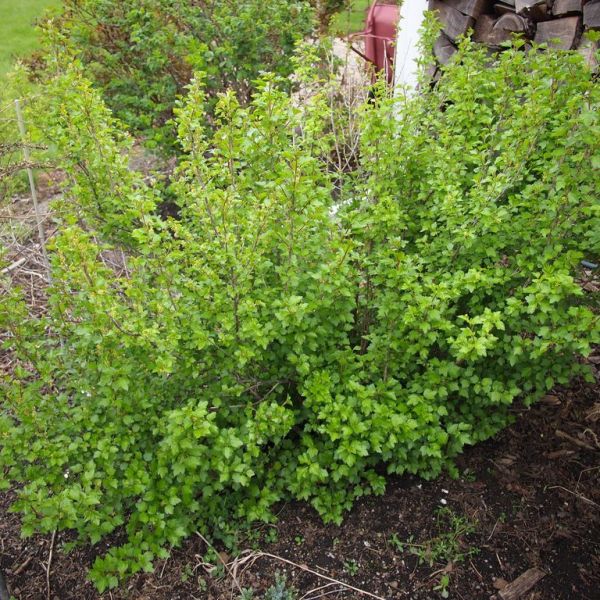
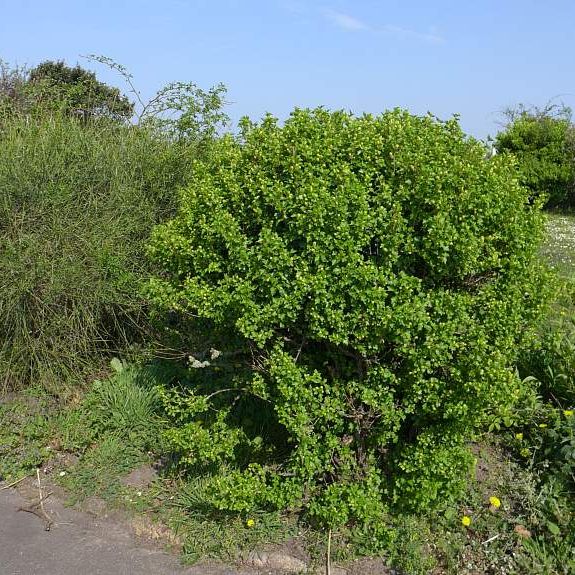
Alpine Currant
Ribes alpinum
15 reviews
Alpine Currant
Ribes alpinum
15 reviews
2.5 Gallon
We are sorry, product is currently out of stock due to seasonal availability. Please check the "Related plants available in your area" section below
Not just beautiful - intentionally selected by ShrubHub's 3D landscape design team to fit real-world spaces and maximize yard potential.
Why Alpine Currant?
Alpine Currant (Ribes alpinum) is a deciduous shrub with dark green, glossy leaves that turn yellow in autumn. It is commonly grown for its ornamental value and because it is easy to care for. The shrub is also known for producing clusters of small, greenish-yellow flowers in spring, followed by red berries in summer. Alpine Currant is ideal for hedging and screening, and prefers partial shade to full sun and well-drained soils. It is also resistant to common pests and diseases.
Related plants available in your area
Sunlight
Alpine Currant thrives in full sun to partial shade, requiring at least 4-6 hours of direct sunlight daily to promote healthy growth and optimal fruit production.
Watering
Alpine Currant requires regular watering, especially during its first growing season. It prefers moist soil but can tolerate some drought conditions once established. It is important to keep the soil consistently moist, but not waterlogged, to prevent the
Fertilizing
Alpine currants thrive in well-draining soil, but they do not have specific fertilizer requirements. A general-purpose fertilizer can be applied in the spring to promote healthy growth. It is best to follow the instructions on the fertilizer packaging for
Alpine Currant, also known as Mountain Currant or Ribes alpinum, is a small deciduous shrub from the gooseberry family, native to Central and Northern Europe. It's distinguished by its fine, dense green foliage and trilobed leaves. The thick, bright green foliage makes an amazing contrast with the red berries female plants produce. Alpine currant also has a relatively fine texture that sets it apart in any landscape.
Alpine Currant grows 3-6 feet tall and is low mounded. It's a relatively fast grower and quite hardy. Young plants need regular watering, but otherwise, Alpine Currant shrubs are drought tolerant and only need well-drained soils. Aside from dry soils, they do well in both full sun and partial shade, and even full shade. They thrive in USDA hardiness zones 3 to 7.
It's also best to provide regular pruning to keep the plant healthy and shapely. Mature Alpine Currant shrubs might require renewal pruning on an annual basis. They don't require fertilization, but it would do them good in their first growing seasons.
That's it! Otherwise, they are fairly low maintenance and provide a lot of aesthetical appeal with their bright red berries, dark green leaves, and fine texture. In mass planting, hedging, or as a border plant, Alpine Currant is a great addition to any landscape.
Order yours from Shrubhub right away and rest assured it'll arrive to you healthy and thriving!
Plant Information:
| Botanical Name: | Ribes alpinum |
| USDA Zones: | 2 - 7 |
| Water: | Moderate |
| Exposure: | Full Sun |
| Soil Needs: | Well Drained |
| Mature Height: | 3 - 5 feet |
| Mature Spread: | 5 - 6 feet |
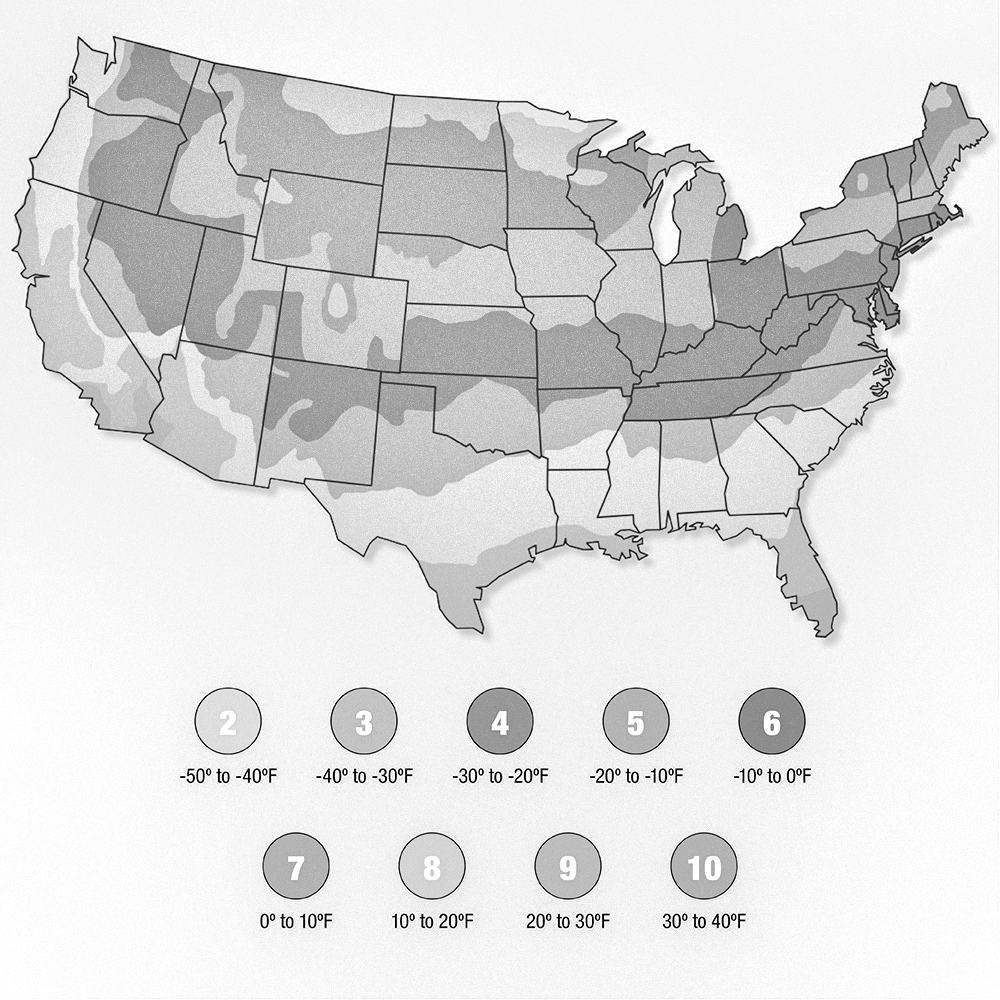

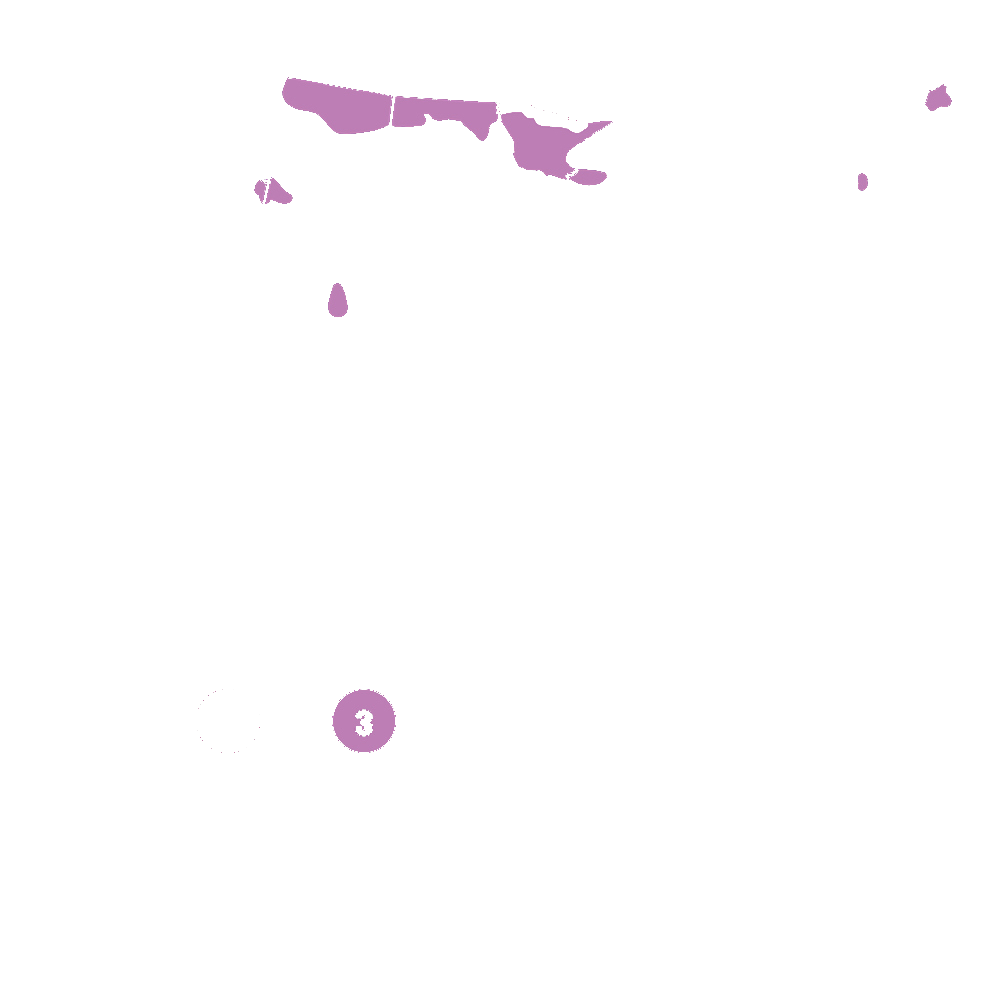
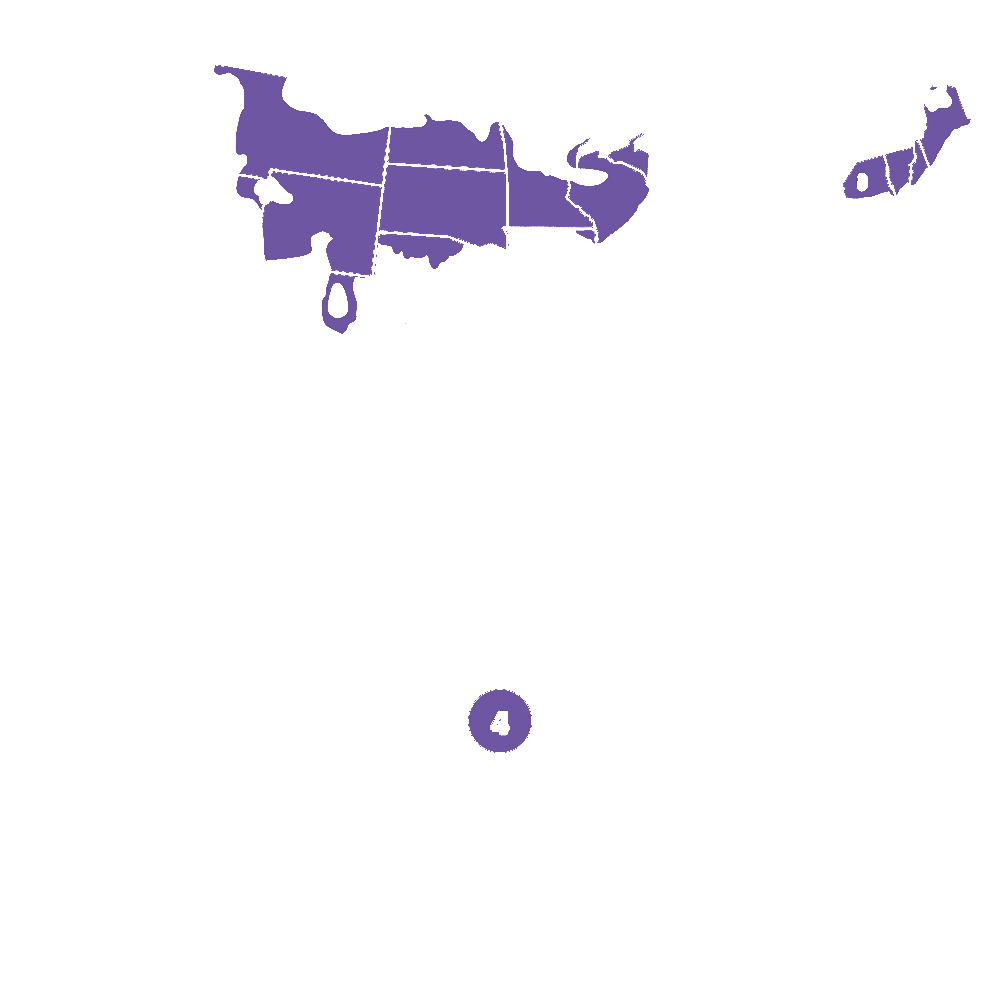
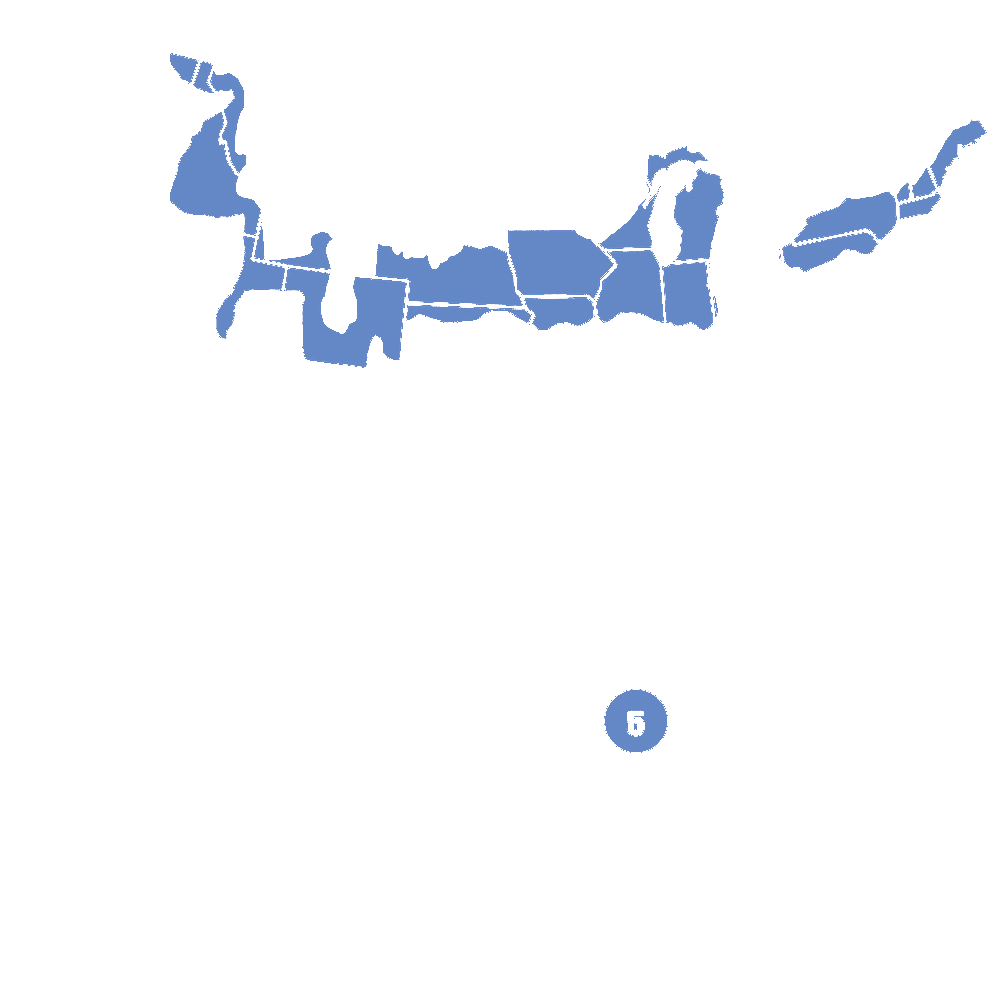
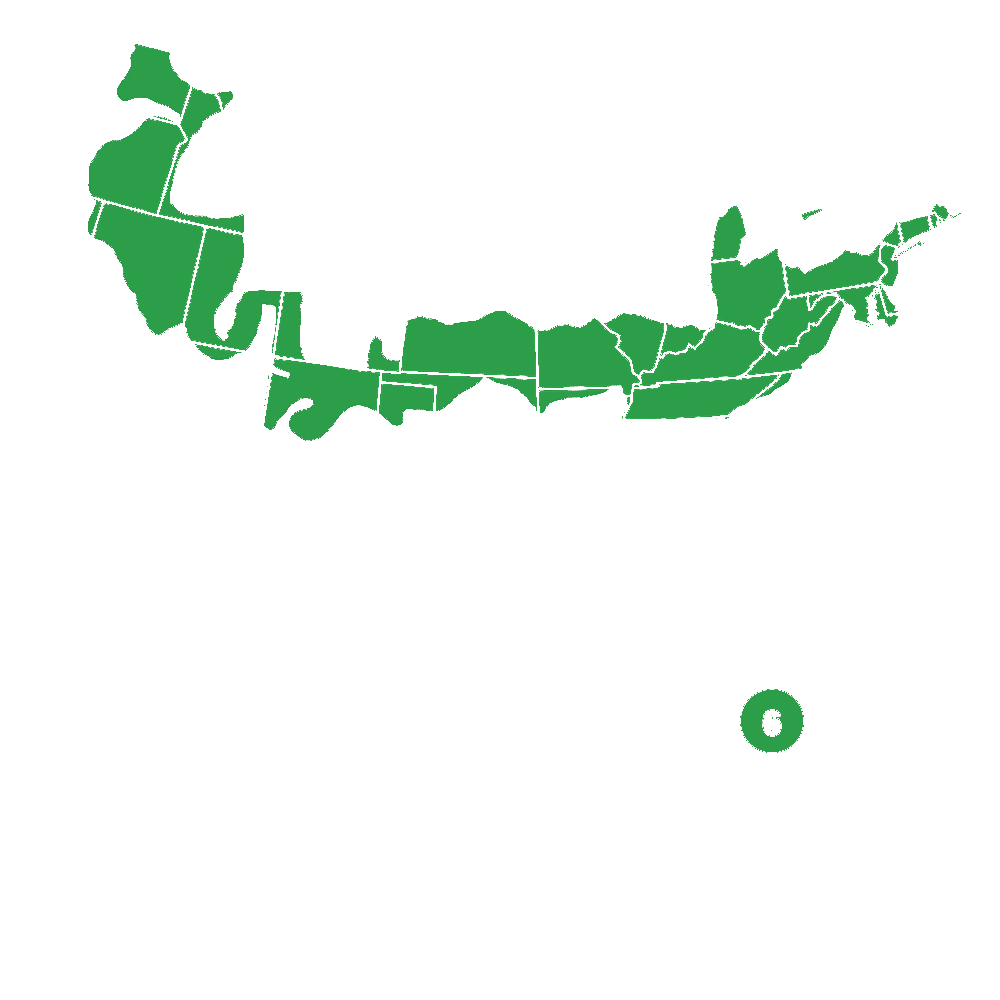
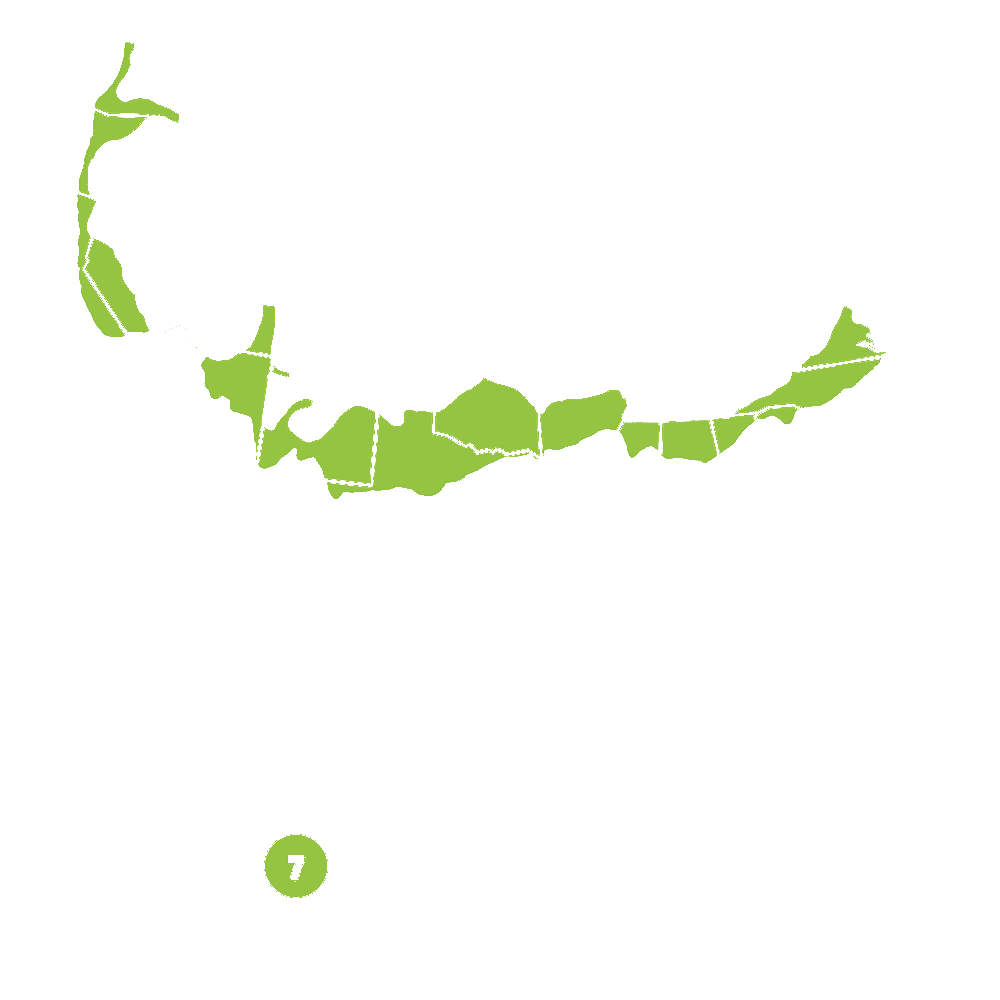
Pollination Info
Alpine Currant (Ribes alpinum) Pollination Information
Alpine currant (Ribes alpinum) is a deciduous shrub that produces small, greenish-yellow flowers in the spring. These flowers are bisexual, meaning they have both male and female reproductive structures. However, alpine currant is primarily self-incompatible, meaning it requires cross-pollination to produce fruit.
The primary method of pollination for alpine currant is by bees, particularly bumblebees and solitary bees. These insects are attracted to the flowers by their nectar and pollen, and they transfer pollen from the male reproductive structures (anthers) to the female reproductive structures (stigma) of other flowers.
Other insects, such as flies and beetles, may also visit alpine currant flowers, but they are generally less effective pollinators than bees.
To encourage optimal pollination for alpine currant, it is recommended to plant multiple shrubs in close proximity to each other, and to avoid using pesticides that may harm pollinators.
FAQ
Alpine Currant (Ribes alpinum) FAQ
What is Alpine Currant?
Alpine Currant is a deciduous shrub species of the Ribes genus that is commonly grown as an ornamental for its attractive foliage and small, bright red berries.
What are the plant's characteristics?
Alpine Currant typically grows to be 3 to 6 feet tall and 3 to 5 feet wide. It has a dense, multi-stemmed habit with small, green leaves that turn yellow in the fall. The plant blooms small, inconspicuous green flowers in the spring followed by small, red berries in the summer.
Where is Alpine Currant grown?
Alpine Currant is native to the mountainous regions of Europe and Asia. It grows well in USDA Hardiness Zones 3 to 7 in both full sun and partial shade. It is commonly grown in mass plantings, mixed borders, and as a hedge plant.
How is Alpine Currant propagated?
Alpine Currant can be propagated through softwood cuttings taken in late spring or hardwood cuttings taken in winter. Alternatively, it can be grown from seed, although this method is less common due to its slow growth rate.
How do you care for Alpine Currant?
Alpine Currant prefers moist, well-draining soil and regular water, but is tolerant of drought once established. It should be pruned annually to maintain shape and remove dead or damaged wood.
What are some common pests and diseases that affect Alpine Currant?
Common pests that affect Alpine Currant include aphids, spider mites, and scale insects. Diseases that can affect the plant include powdery mildew, leaf spot, and rust.
Planting & Care
Planting Alpine Currant
Alpine currant is a hardy shrub that can grow in a variety of soil types and tolerates cold climates. Follow these steps when planting:
- Choose a sunny or partially shaded location with well-draining soil.
- Dig a hole twice the size of the root ball.
- Place the plant in the hole and fill with soil, gently packing it down.
- Water thoroughly.
- Add a layer of mulch around the base of the plant to retain moisture.
Caring for Alpine Currant
Alpine currant is a low-maintenance shrub with minimal care requirements. Follow these tips for optimal growth:
- Water regularly during periods of drought, especially during the first year after planting.
- Prune the shrub in early spring to maintain its shape and promote new growth.
- Fertilize in early spring with a balanced fertilizer, following the manufacturer's instructions.
- Keep an eye out for common pests such as aphids and mites, and treat as needed.
- Monitor the soil pH and adjust if necessary, as alpine currant prefers slightly acidic soil.
Check Out These Verified Customer Reviews:
Customer Reviews
4.7 out of 5 based on 15 reviews
Thank you! Your review has been submitted.
Highly recommend! The plants were exactly as described, website was user-friendly, and shipping was fast.
The Alpine Currant plant arrived in perfect condition. It looks healthy and vibrant. The website was easy to navigate, and the shipment was quick. Excellent customer service overall!
Thriving in my garden
Item has been added to your cart.

